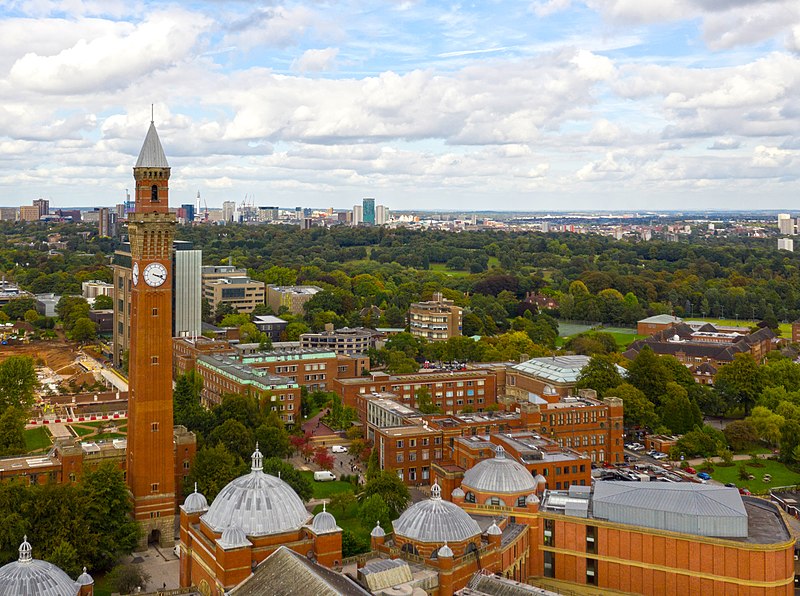
Of 84 University of Birmingham (UoB) staff requests to move to remote working in the two weeks before 23rd September, only four were allowed to do so, a recent tweet from the University’s branch of the University and College Union (UCU) claims
The tweet from 7th October also states that 95% of requests to work remotely based on health grounds were refused by the university. These figures came from information passed on by the UoB HR department.
With the return of students to campus and the adoption of a bimodal method of teaching by the university, case numbers have risen within the staff and student populations. Many classes are being delivered online, although some are taking place in person.
The library is also open, offering the opportunity to book a place for a full day, while other campus study spaces such as the Teaching and Learning building are open to access without the need to book. Staff in various departments across the university have also returned to site.
As well as highlighting the refusal to allow staff to work remotely, the UoB branch of UCU are calling for all teaching to be moved online, after ‘warning since August that a return to in-person teaching is unsafe.’
Speaking to Redbrick, UCU Branch President Dr David Bailey said: ‘We recently surveyed our own members and 82% agreed that the University’s current plans for returning to campus are unsafe.’ Following on from this survey, he continues ‘we are beginning a ballot for official industrial action, to teach and work online only.’
“82% agreed that the University’s current plans for returning to campus are unsafe
With regards to the growing case numbers, he notes: ‘the University’s own data, released today [7th October], shows that 315 staff and students at University of Birmingham contracted Covid-19 in the last week alone.’
UCU also emphasises the particular problems facing staff on campus, including the fact that ‘staff in professional services […] are also in many cases being forced to come onto campus for no obvious reason – in some cases being made to work alone in an office and communicate online.’ Dr Bailey and UCU maintain that this is something that ‘they could obviously do much more safely from home.’
Further issues for staff include the lack of blanket exemption from returning to campus if they are considered high risk due to underlying health conditions.
A spokesperson for the university emphasised that: ‘the wellbeing of University staff is very important, and we have put measures in place since the beginning of the pandemic to support staff.’
UoB have been providing facemasks to both staff and students, and have also made sanitising equipment available as part of their risk mitigations for the return to campus. As well as this, social distancing measures and ‘enhanced cleaning of all areas’ are being implemented to try and limit risk.
The spokesperson continued: ‘whilst a large number of staff continue to work for the majority of their time at home some have returned to campus for either all or part of their time, depending on the nature of their role.’
‘We have considered individual roles and circumstances and where appropriate put in place measures such as staggered start and finish times to further reduce the risks to staff. The numbers UCU have are historic and refer only to staff referred to Occupational Health. In many cases the line manager will have given permission for the member of staff to work remotely without the need of an Occupational Health assessment.’
Like this article? Here are more from News:
University Applications Hit Record High Despite Pandemic
Second Wave of COVID-19 ‘likely’ in West Midlands
Revealed: How UoB Let Down its Student Workforce During Lockdown
Comments